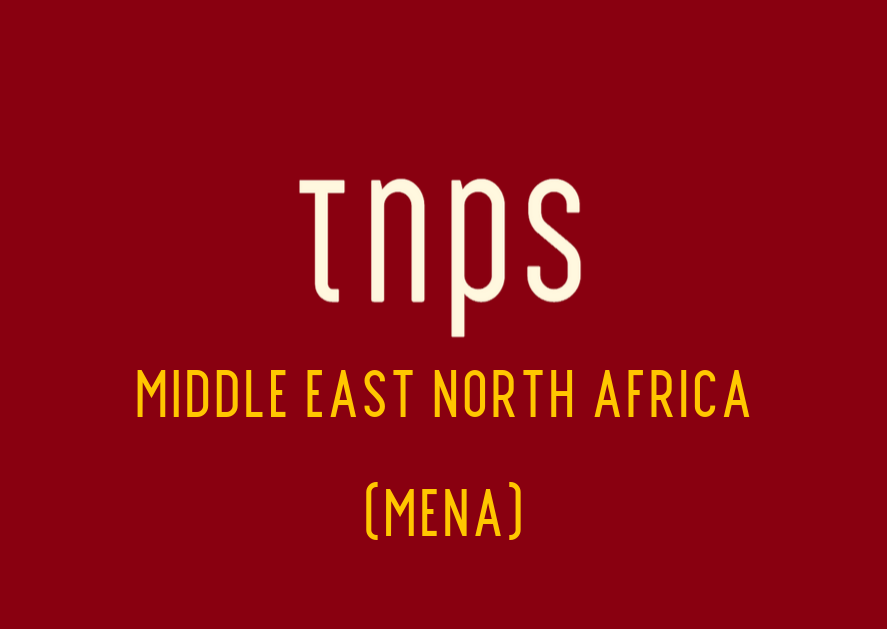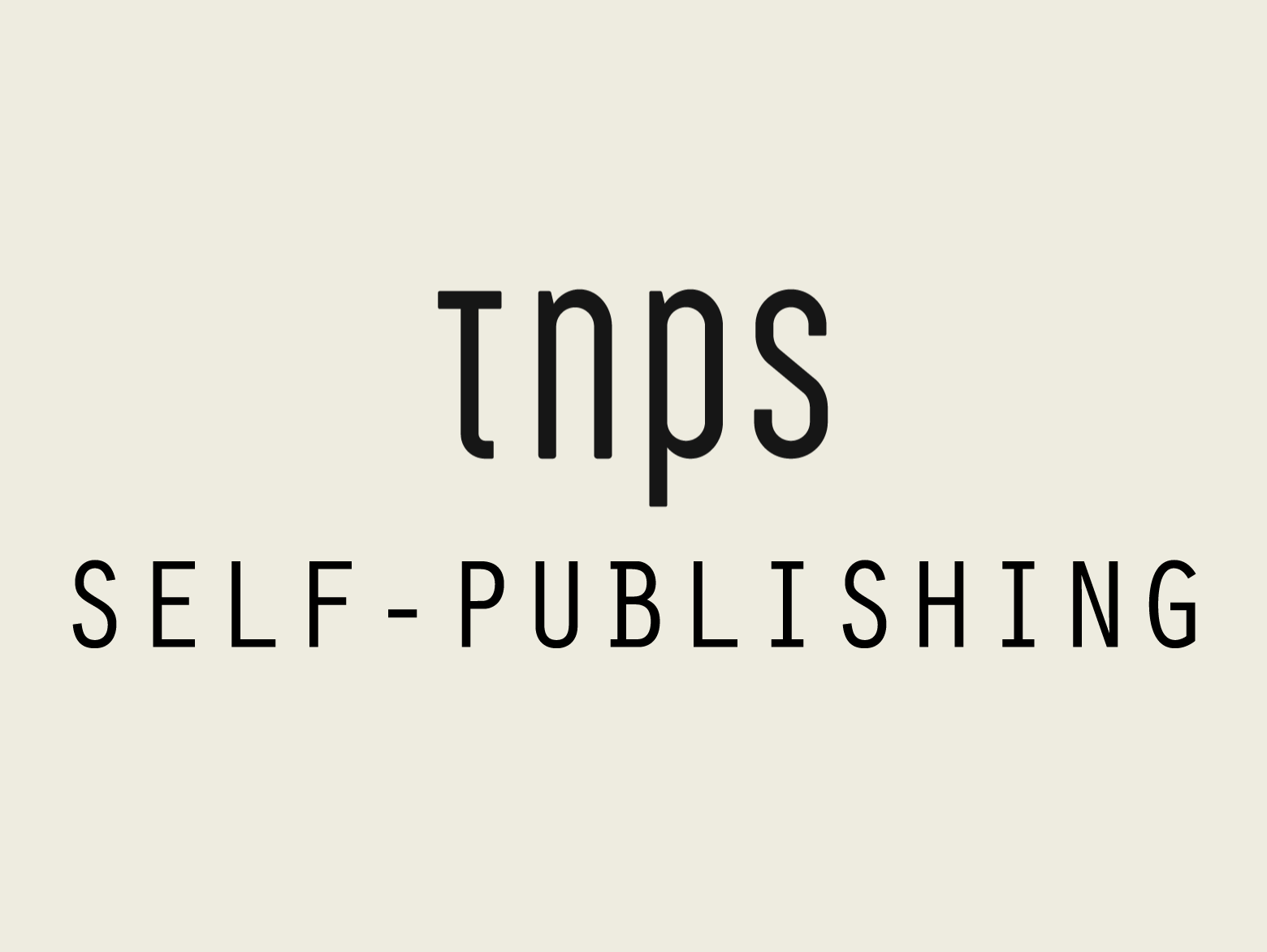Said Abdo, head of the Egyptian Publishers Association, said recently that Arab publishing was already in crisis before Covid-19 reached the region, but now the problems have increased as lockdown restricted sales and closed the all important regional book fairs where so much publisher-to-consumer engagement happens.
Abdo paints a bleak, if realistic, picture where the pandemic will not fade away any time soon, and that this exacerbates the,
challenges facing the publishing sector in the Arab world, especially poor distribution and poor marketing and problems associated with shipping and customs, as well as importing paper and printing from abroad.
Abdo estimates Egypt’s publishing losses to be in the region of $20 million March through June despite the EPA’s “Stay at Home with the Best Companion” initiative to encourage book sales during lockdown.
Abdo acknowledged there is “growing interest” in digital books but if the translation is accurate then there seems some confusion about the nature of digital, with Abdo paraphrased as saying,
the paper book has its specificity that distinguishes it from the e-book embodied in the fact that it is easy to carry it from one place to another and read it in some place, which is not provided by the digital book that makes the reader uncomfortably connected to a computer screen,
suggesting Abdo’s perception of digital reading is at a desktop device, not on a smartphone or ereader.
Other commentators took a broader view.
Dalia Ibrahim, chairman of the board of the Dar Al-Nahda Publishing Foundation, said that there are a number of options,
we can use to increase sales and reach the reader through electronic sales, which we have already done in our organisation, after we launched the Nahdet Misr app that contains all our publications from cultural books and children’s books, which we sell through the app to easily reach the consumer.

Ibrahim added,
There are already a large number of Arabic books on these global apps, but they need more marketing because a large number of readers are unaware of the availability of Arabic books on these international platforms, and the number of publishers providing books from across these sites is still a little disproportionate with the number of real publishers in the market.
The Arab Publishers Association has written to governments across the region calling for support for the publishing sector, suggesting solutions including:
allocating funds to buy books from publishers through education ministries to strengthen school libraries, abolish taxes in the publishing sector and provide incentive packages to the publishing sector.
Read more at Vaaju.
To end this post, a look again at the observation of Dalia Ibrahim on digital awareness. Ibrahim said:
There are already a large number of Arabic books on these global apps, but they need more marketing because a large number of readers are unaware of the availability of Arabic books on these international platforms, and the number of publishers providing books from across these sites is still a little disproportionate with the number of real publishers in the market.
When talking about Egypt we are addressing a country which, while only at 48% internet penetration, is still 49 million people online using devices that could be holding apps like Nahdet Misr.
It is a chicken and egg problem, with few digitised books meaning little consumer interest which discourages publishers from digitising.
But as we see elsewhere in the MENA markets, and globally, where publishers are embracing digital they are seeing consumer interest rise in tandem.





